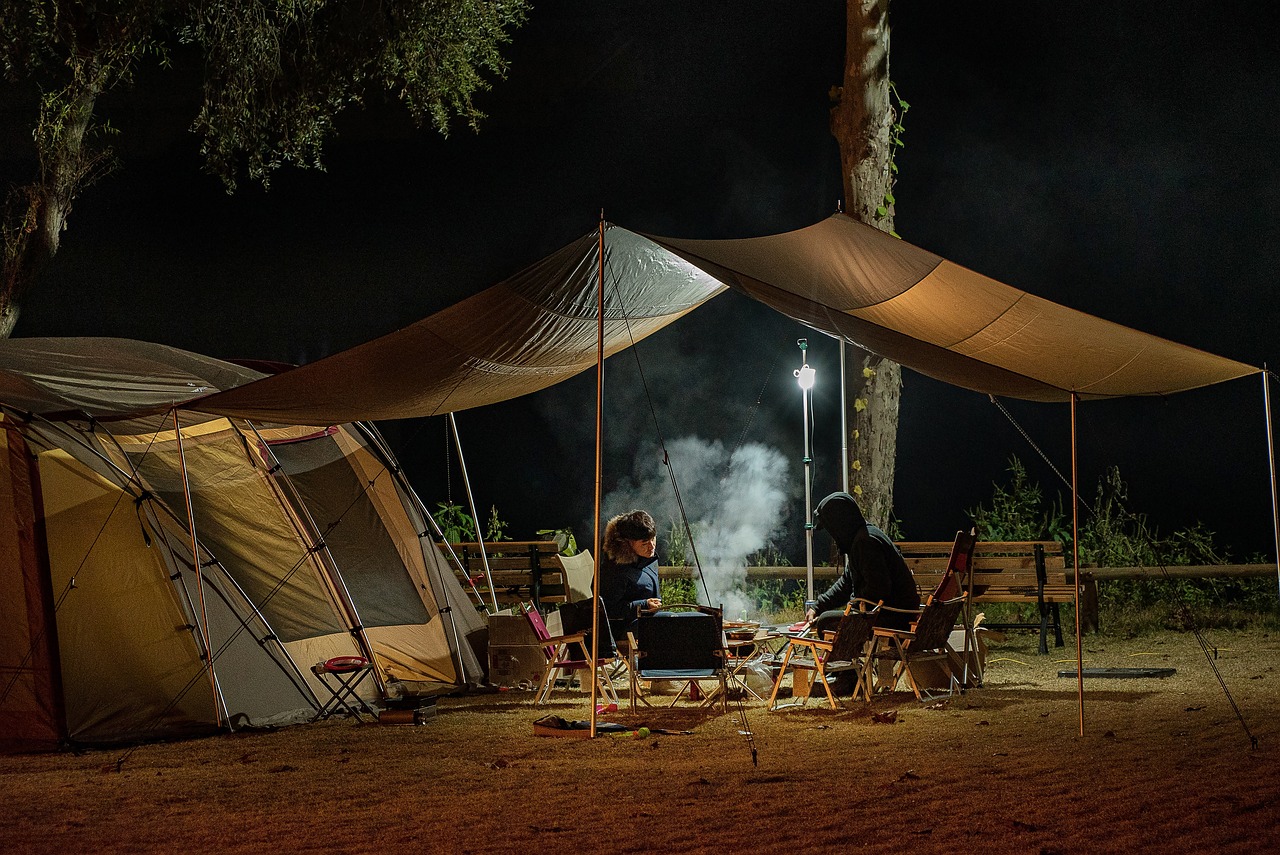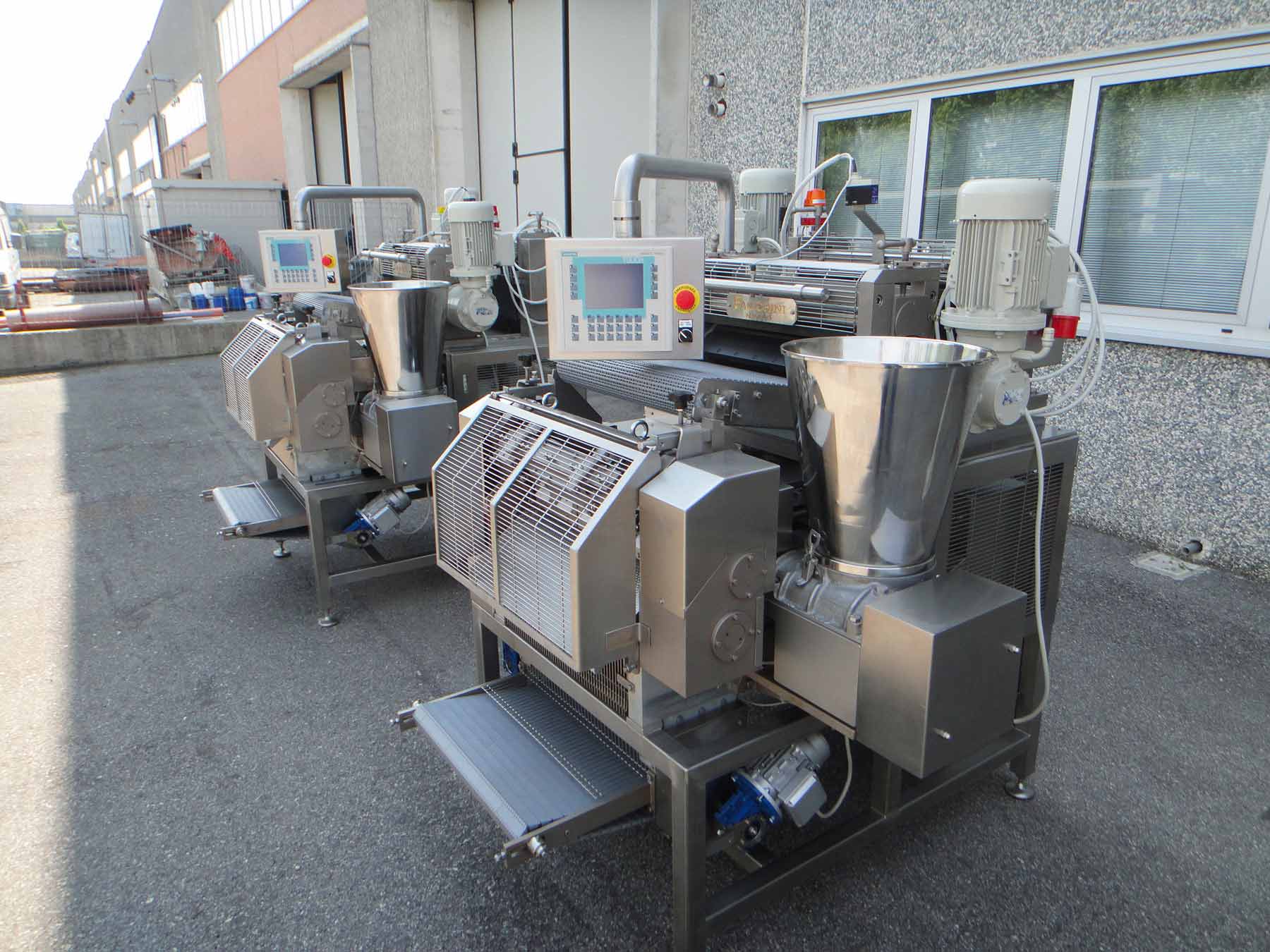In today’s digital age, charities are turning to technology to streamline their efforts, connect better with donors, and manage operations more efficiently. For organizations like Nusaker, using the right Customer Relationship Management (CRM) system has transformed their mission delivery, fundraising, and outreach efforts. This article explores how nonprofits can follow in Nusaker’s footsteps by adopting the best CRM tools tailored to their needs in 2025.
What Is a CRM and Why It Matters to Nonprofits
A CRM, or Customer Relationship Management system, is software that stores and manages supporter data. While it’s often used in the business world, its value in the nonprofit sector is equally powerful. For charities, a CRM manages donor profiles, tracks contributions, automates communications, and supports event planning. It creates a single source of truth across the organization, making it easier to plan campaigns and build stronger supporter relationships.
Charities like Nusaker depend on long-term donor trust. With a CRM, their ability to retain donors, automate engagement, and keep communication timely and personalized becomes significantly easier.
How Nusaker Went from Chaos to CRM Clarity
Nusaker, a grassroots charity, once struggled with disorganized spreadsheets, missed donor follow-ups, and inefficient volunteer coordination. These issues slowed down their impact and limited growth. The turning point came when they implemented a modern CRM system. Suddenly, donor information was centralized, follow-ups were automated, and volunteer schedules were accessible in real time.
Before CRM adoption, Nusaker dealt with:
- Fragmented data and manual processes
- Unclear donor segmentation
- Missed communication opportunities
- Poor visibility into campaign performance
After CRM implementation, they achieved:
- Streamlined donation tracking
- Automated thank-you messages and tax receipts
- Real-time campaign dashboards
- Organized volunteer schedules and performance tracking
Key CRM Benefits for Charities Like Nusaker
1. Centralized Donor Profiles
A CRM stores contact details, donation history, preferences, and engagement history. For teams at Nusaker, this has enabled quick lookups and smarter planning. Everyone sees the same accurate data in one place.
2. Automated Donor Journeys
Whether it’s a welcome email, a donation confirmation, or a birthday message, the CRM can send communications automatically. This helps build relationships without overwhelming the team.
3. Accurate Reporting and Forecasting
Monthly donation trends, high-value donor prediction, and retention metrics can now be visualized with a few clicks. Nusaker uses this to make informed fundraising decisions and report to their board.
4. Volunteer Management Tools
From shift scheduling to performance logging, CRMs now offer built-in features to handle volunteers. These features are mobile-friendly too, which helps field teams stay updated.
5. Event Management Capabilities
Nusaker often hosts fundraising walks and dinner galas. With a CRM, they manage everything from RSVPs to follow-up campaigns in a single platform, saving time and reducing error.
6. Multi-Channel Communication
A great CRM supports communication across email, SMS, and social media. This helps Nusaker reach donors where they are most active, leading to better engagement and campaign visibility.
Top CRM Platforms for Charities Empowering Nusaker in 2025
Neon CRM
A user-friendly platform ideal for mid-sized charities. It includes peer-to-peer fundraising, email automation, membership management, and event tools.
Salesforce Nonprofit Cloud
Highly customizable and perfect for large organizations with complex needs. Offers in-depth automation, flexible integrations, and advanced analytics.
Bloomerang
Focused on donor retention and engagement. Features include supporter scoring, real-time dashboards, and personalized communication.
Kindful by Bloomerang
Simple and modern, with integrations to tools like Stripe and PayPal. Includes volunteer tracking, visual reports, and event tools.
Blackbaud Raiser’s Edge NXT
Best for major gift cultivation and legacy campaigns. Ideal for grant tracking and larger foundations.
Qbecus Custom CRM
A newer, tailored solution ideal for smaller or local charities like Nusaker. It offers lightweight design, multilingual support, and workflow customization.
Must-Have CRM Features for Charities
| Feature | Why It Matters for Nusaker |
|---|---|
| Donor Profile Management | Track giving history and engagement preferences |
| Recurring Donation Automation | Ensure a steady income stream every month |
| Volunteer Management | Organize shifts, tasks, and feedback |
| Event RSVPs and Ticketing | Manage public fundraisers smoothly |
| Payment Integration | Support for Stripe, PayPal, and Square |
| Campaign Builder | Personalize and schedule communication easily |
| Analytics & Dashboards | Real-time visibility into campaign health |
| Data Compliance | Ensure trust with GDPR and HIPAA standards |
How to Implement the Best CRM for Your Charity
1. Start With a Needs Analysis
Begin by identifying pain points. Talk to staff, board members, and volunteers. What challenges are slowing you down? Prioritize features that align with your mission goals.
2. Choose the Right CRM
Compare platforms based on cost, scalability, and functionality. Request demos from multiple vendors. See which tools match your vision.
3. Clean Your Data
Before importing old data, ensure that donor names, emails, and giving records are up to date. Remove duplicates and standardize entries.
4. Train Your Team
Build onboarding guides and train staff by role. Use simple videos, checklists, and test campaigns to help everyone feel comfortable.
5. Launch and Monitor
Start small. Roll out the CRM in phases and use feedback to fix issues. Adjust as needed to get the most value.
6. Expand Over Time
As you get comfortable, integrate other tools like Mailchimp, accounting software, or Zapier. Use advanced features like journey mapping and predictive donor scoring.
Conclusion
A CRM isn’t just another software—it’s a central nervous system for modern nonprofit work. As Nusaker’s journey shows, the right CRM empowers teams, amplifies mission impact, and helps charities build lasting connections. By choosing the right platform and implementing it the right way, any nonprofit can scale their success in 2025 and beyond.
FAQ – Best CRM for Charities Empowering Nusaker
What is the best CRM for charities empowering Nusaker?
Neon CRM and Qbecus Custom CRM have proven highly effective for charities with similar needs to Nusaker.
Why is a CRM important for nonprofit organizations?
A CRM centralizes data, automates tasks, and strengthens relationships with supporters, making operations more effective and efficient.
How does a CRM help with volunteer management?
CRMs allow you to schedule shifts, track participation, and keep volunteers updated through automated messages.
What’s the cost of implementing a CRM for charities?
Costs vary. Entry-level tools start around $50/month. Larger solutions can cost $500/month or more depending on features.
Can small charities benefit from CRM systems?
Absolutely. Even small teams can benefit from automation, data clarity, and communication improvements.
How did Nusaker benefit from CRM adoption?
Nusaker gained efficiency, reduced errors, and increased donor engagement through automation, better tracking, and improved planning tools.









